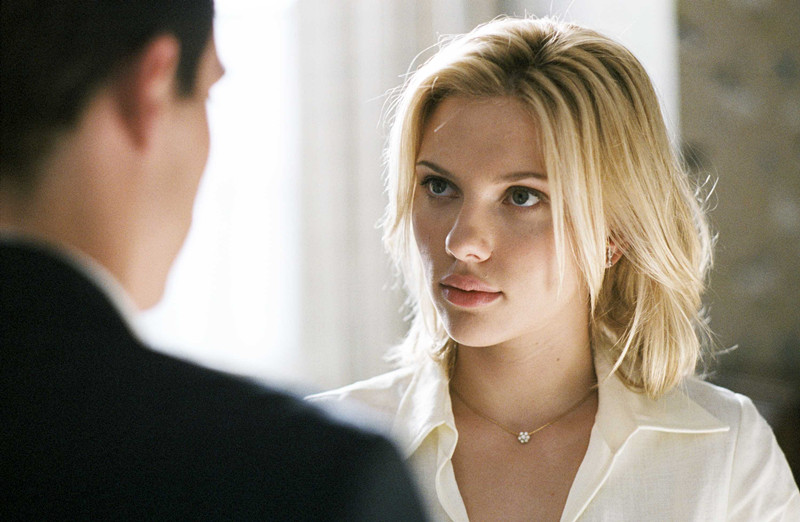
How does one celebrate such a long career, characterized by the plurality of talents, from its origin as a stand-up comedian to a respected filmmaker, when the protagonist has always been so aware of the existence of this veil of falsehood that wears the praise and awards? The man who, at the beginning of his career, dared to deny the embrace of the expectations of his audience, delivering the austere “Interiors” when everyone expected another light comedy.
The fearless one that made “Stardust Memories”, a risky thematic proposal that made several critics write that this would be his last project. And recently, demonstrating a fascinating lucidity, he deconstructed the nostalgic sense that embellishes everything it touches in “Midnight in Paris.”
This brave artist who annually ignores the adulation of producers, refusing Oscar spotlight to play jazz with his friends. The elegant rebel who, without bending to any interest of the masses, annually has all the great actors and actresses, medallions of several generations, anxiously waiting for the chance to receive their timid instructions on the film sets. Woody has become a label, being contested by nations that want to pay him to enclose its characters in their territories.
Five impressive decades of rare qualitative constancy, tracing an alternative path paved by the dreams of the boy of yesteryear, Allan Stewart Konigsberg, who at first thought he could get some money writing humorous articles for the vehicles of the region.
This is a complete list of his films as a director, ranked from worst to best.
48. What’s Up, Tiger Lily? (1966)
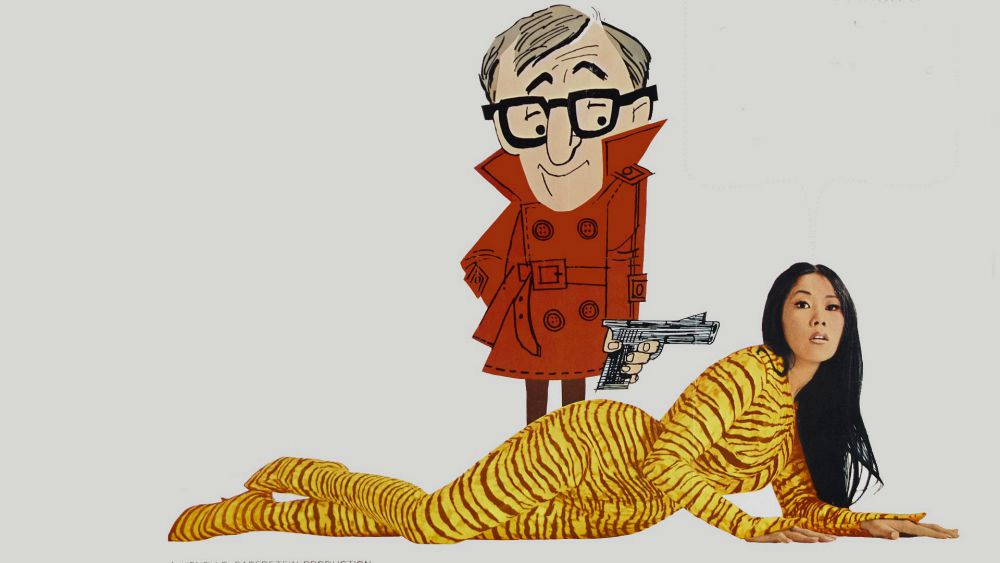
Allen already demonstrates in his first work his tremendous sense of humour, daring to take a Japanese satire of the espionage films, in ascension in the time, thanks to the James Bond of Sean Connery, and dub it. Soon, in the first scenes, we see the director sitting in a respectable office, explaining that he had been summoned by Hollywood to make the definitive espionage film.
When asked about the novelty of such a feat, he replies that it had already happened other times, as in “Gone With the Wind”. It takes three minutes for the young filmmaker to show off his talent. Nowadays it is common to see this artifice being used in films, such as the horrible “Kung-Pow”, but he was the pioneer of this extremely dubious art.
47. Oedipus Wrecks (segment of “New York Stories” – 1989)
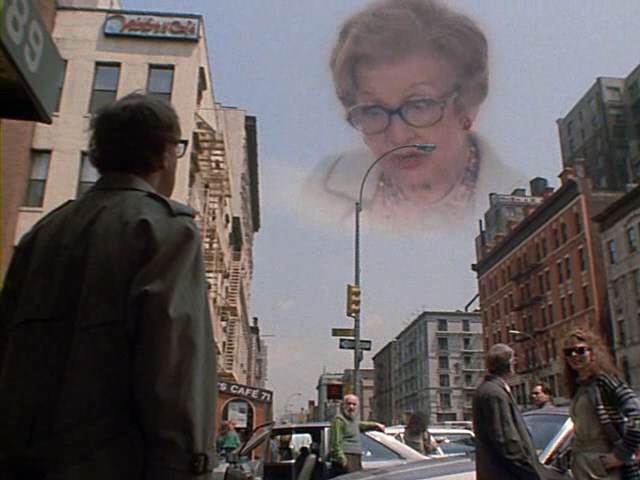
Driven by the lightness of the anthology format, Allen exercises with great freshness his comedic talent. And undoubtedly, his half-length is responsible for “New York Stories”, still be remembered nowadays. The efforts of Coppola and Scorsese are, at best, harmless.
After a total immersion in the existentialist dramas of “September” and “Another Woman”, the director revisits his more fun side, mixing themes already worked on in texts and inserting glimpses of situations that he would perfect in his productions of the 2000s, as in “Scoop”, where a magic trick is used as a narrative trigger.
The scene where Allen, initially disturbed by his mother (Mae Questel, unbelievably looking just like the director’s mother) being summoned to aid in the magician’s trick, cannot hide the joy at seeing the professional shoving several swords into the box where she was placed. Her dissatisfaction with Mia Farrow’s son’s fiancée is the supernatural motive that keeps her as an entity in New York’s heavens.
Only when he rediscovers an old love, the fortune-teller/clairvoyant played by the brilliant comedian Julie Kavner, the poor mother, showing her approval, returns to her normal state. Sheldon is not interested in understanding how the phenomenon occurred; he is more interested in resolving his relationship with her. The inexplicable recurring theme in his films, again used as an unquestionably absurd and foolish means, however, is acceptable to achieve a greater good.
46. Hollywood Ending (2002)
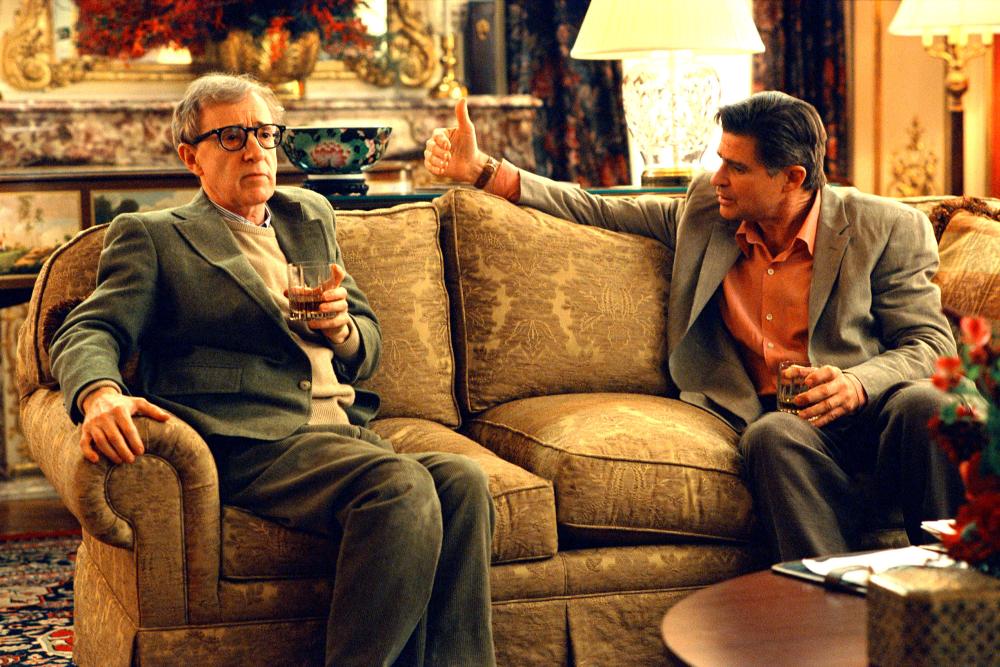
The idea of a film director who goes blind and needs to pretend to see to keep working is funny in theory, but does not support a feature film script. Could have been a brilliant short, but it’s charming nonetheless.
45. Magic in the Moonlight (2014)
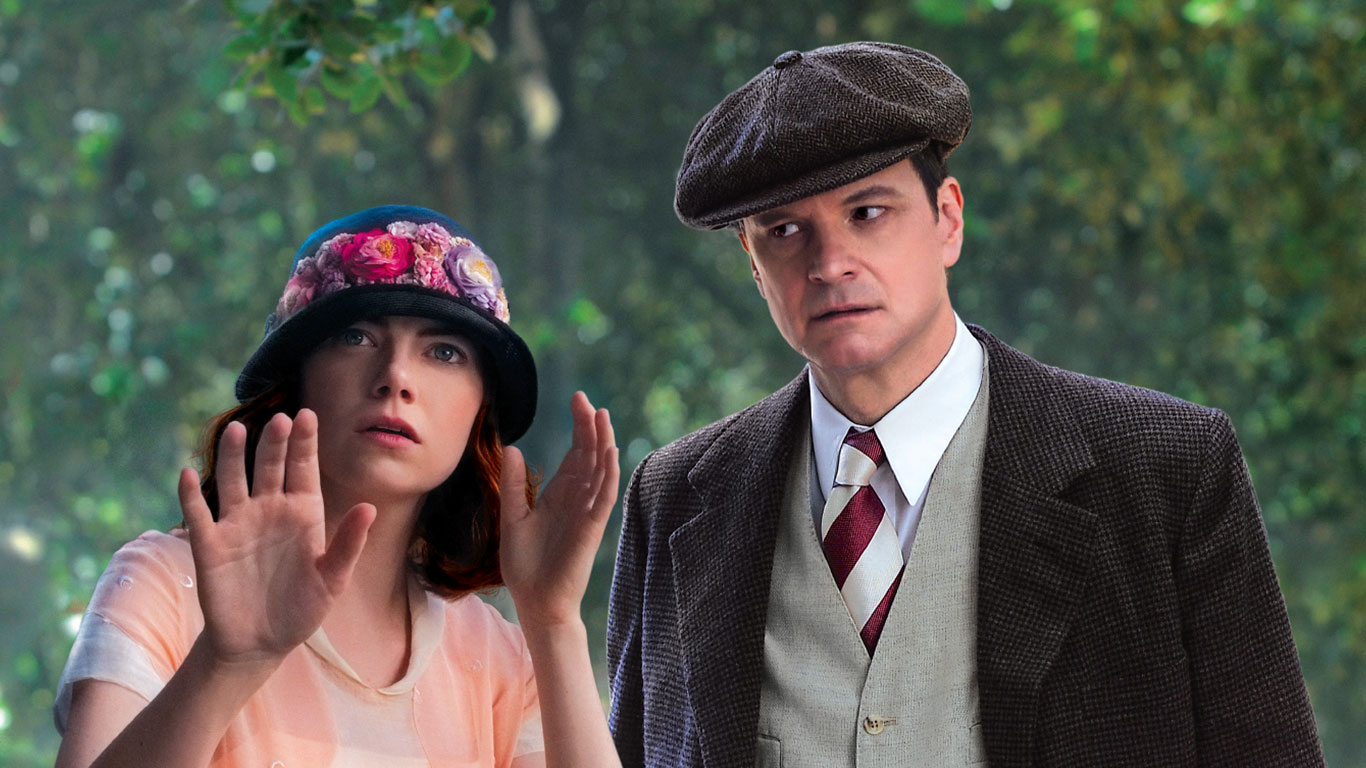
Some interesting reflections on skepticism are here, but Allen has already proven to be capable of much better texts in the theme. Beautiful art direction, competent cast performances, but tiresome and predictable.
44. You Will Meet a Tall Dark Stranger (2010)
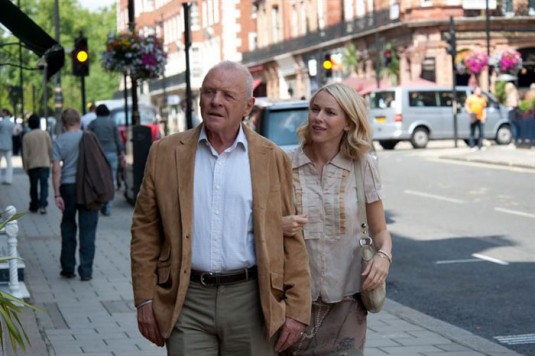
The bitter irony of the realistic ending is what redeems a boring script that unfortunately cannot make his characters sound interesting.
43. To Rome, With Love (2012)
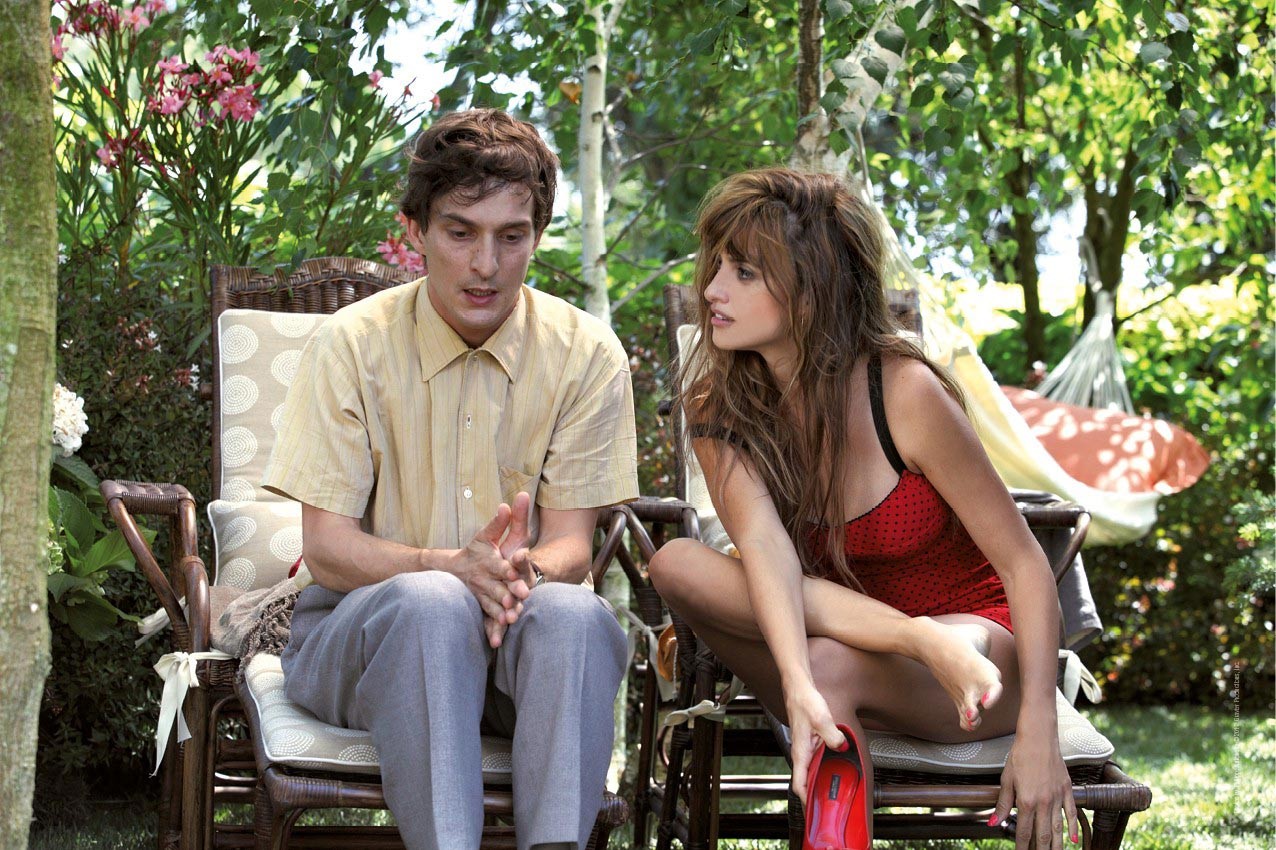
This story about the newlyweds was clearly inspired by Fellini’s “The White Sheik”. The libertarian tone sounds quite artificial, but the film comes into force when Allen is on the scene.
42. A Midsummer Night’s Sex Comedy (1982)

The script was conceived in just two weeks, commissioned by the studio to “plug the hole” that would be caused by the delay in production of “Zelig”. The rush is easily noticeable in the finished work (poorly developed characters such as the doctor who is shown as a person centered, but who tries to commit suicide by not having the love of a woman whom he has just met), and although he has some very good scenes, the whole of it is pretty bumpy.
It’s Allen’s weakest film up to that point. Seeking inspiration from his idol Ingmar Bergman (specifically “Smiles of a Summer Night” – 1955), the screenplay explores the flirtation game between three couples who gather in an idyllic location to celebrate the wedding of one of them. It was the first project that counted on Mia Farrow, in a long partnership that would yield great artistic fruits and a huge problem in the justice.
Among the high points, I highlight Adrian’s libido romper with her husband after receiving the spiced Dulcy, some sex tips (Allen: “We can not have sex where we feed, besides, there’s a man chanting the Lord’s Prayer in the room, we will be blind”).
To simplify his opinion about the importance of sexual relations, Allen’s character states: “Sex relieves tension, while love causes tension.” After the elegant Leopold tells of her wild erotic dream with Dulcy, she is frightened and asks him: “Jesus, what did you eat before you went to sleep?” They are small moments where we can realize that, even in creating something in a hurried way, Woody Allen manages to make an above-average film.
41. Irrational Man (2015)
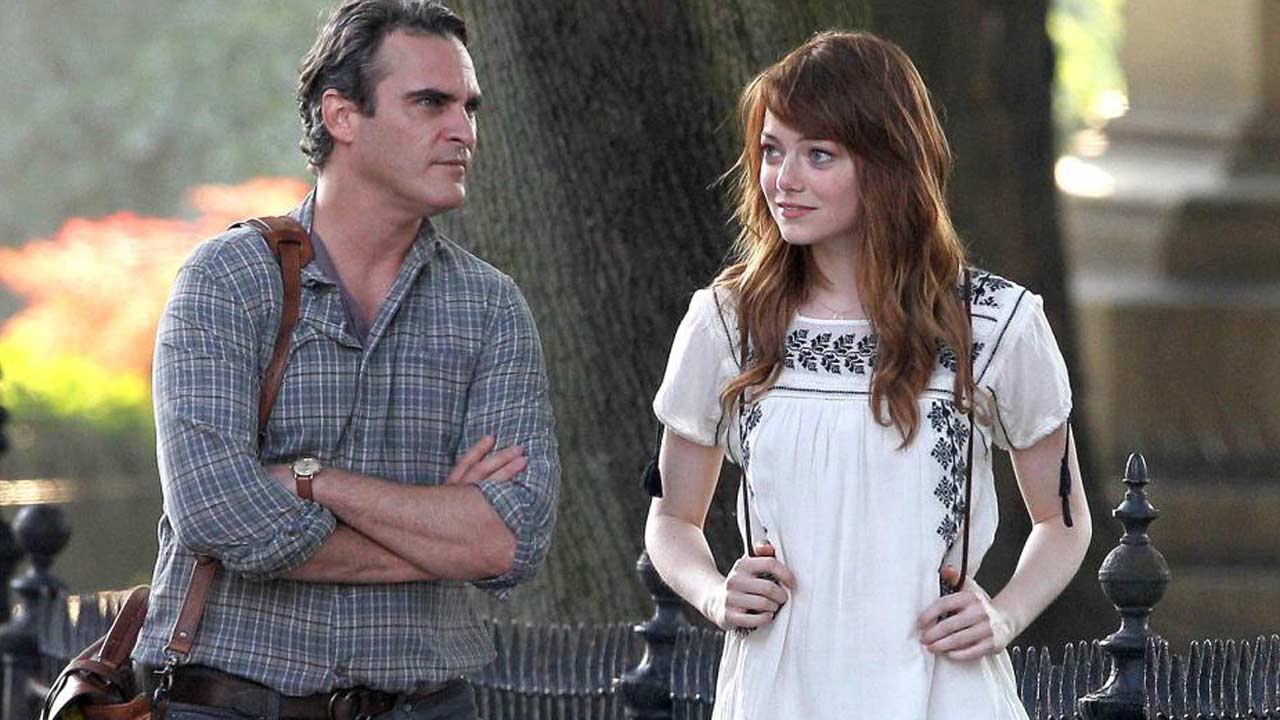
Sinning for high philosophical pretension, the script gets lost in act two, but the inspired presence of Joaquin Phoenix helps keep the hope to the shocking end.
40. Cassandra’s Dream (2007)

An excellent ending in search of a plot that honors it. The choice for the style and rhythm of contemporary thrillers highlights Allen’s discomfort with the material, but the excellence of Ewan McGregor and Colin Farrell make up for it.
39. Alice (1990)

Alice (Mia Farrow) is a middle-class woman who feels bored by her 16-year marriage and falls in love with an elegant saxophonist. In search of happiness, she meets the acupuncturist Dr. Yang.
The doctor realizes that Alice’s problem is in her mind and decides to prescribe strange and mysterious herbs that provoke unusual reactions. The delirious and bittersweet style that married perfectly in the wonderful “The Purple Rose of Cairo” leaves to be desired here.
38. Don’t Drink The Water (1994)

In the early 1960s during the Cold War, the Hollander family caused an international incident when Walter (Allen) took pictures of the sunset in a region with a delicate political situation. In order not to go to prison, the Hollanders take refuge in the American embassy. This made-for-television film adapts one of his most famous plays, one of his funniest texts, involving political and religious criticism.
37. Everything You Always Wanted to Know About Sex… (1972)
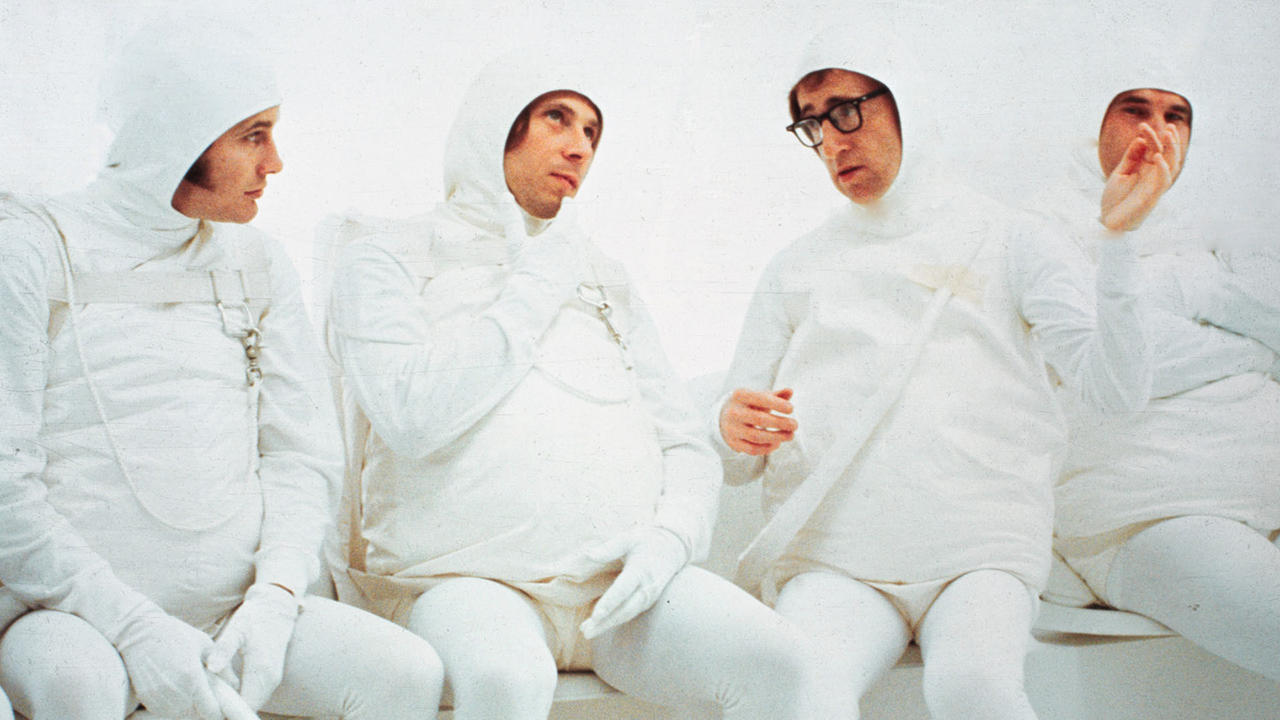
Similar to what happened with his first work “What’s Up, Tiger Lily?”, Allen did not intend to approach this concept. United Artists bought the rights to the eponymous book, written in 1969 by the popular Dr. David Reuben.
Allen was disgusted when Reuben went to the traditional “Tonight Show” and quoted one of his comic phrases, without telling the source. The young filmmaker then used all his comic verve and adapted the book in the best possible way, highlighting the most absurd aspects in a comedy of sketches.
Among its seven segments, there are two that I consider to be masterpieces in the director’s career: “What is sodomy?” and “What happens during ejaculation?” They show a fully-fledged screenwriter, seeking to subjugate the limits and surpass them.
In the first, Gene Wilder is a doctor who falls in love with a sheep. The brilliance lies in the fact that Wilder acts seriously, as if he were a character out of Ian McEwan’s novels. In the second, Allen interprets a sperm that undergoes an existential crisis, just minutes before its great moment. ‘Nuff said. The other segments are fun but not very memorable.
36. Small Time Crooks (2000)

Ray (Allen) is a dishwasher who has a great plan: rent a shop next to the bank and use it as a front to build an underground tunnel to rob it. The concept is simple as in the first comedies of his career, a kind of gift for those fans who missed his most clumsy persona.
35. Celebrity (1998)
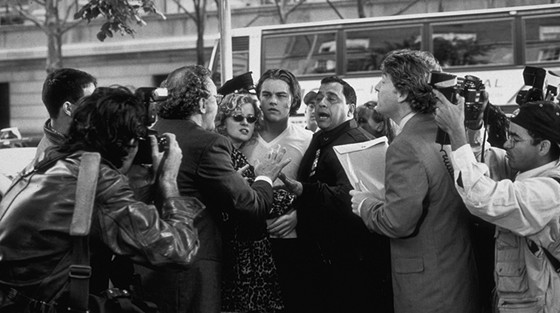
An acidic critic who disrupts the falsehood of the high society lifestyle, the absurdity of projecting on the fragile fame industry the insecurity that the individual feels, with the script evoking the best works of Fellini.
34. Everyone Says I Love You (1996)
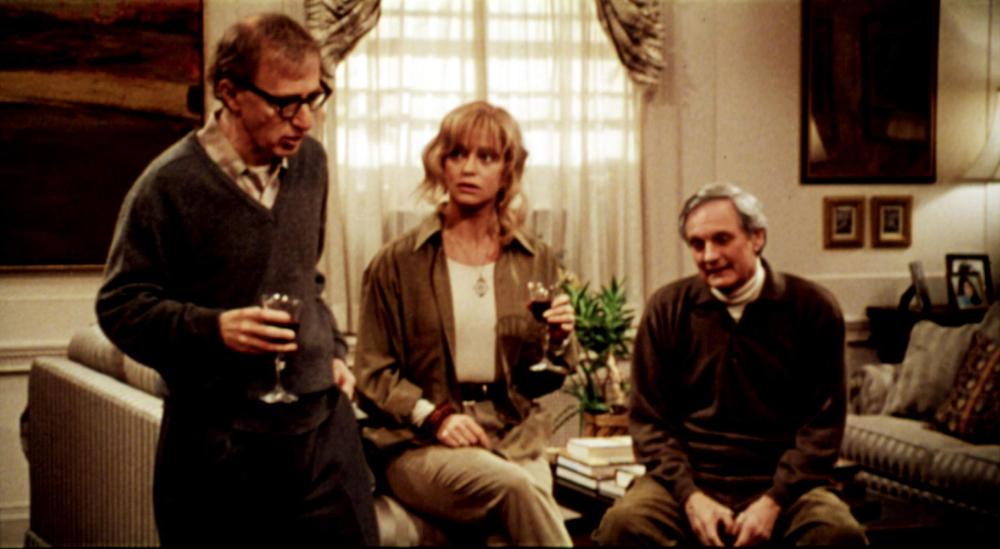
The musical attempt is enchanting, with a brief and tender moment when the character of Allen yields to the inspiring power of fantasy as he sings the beloved jazz standard “I’m Thru With Love”.
33. September (1987)
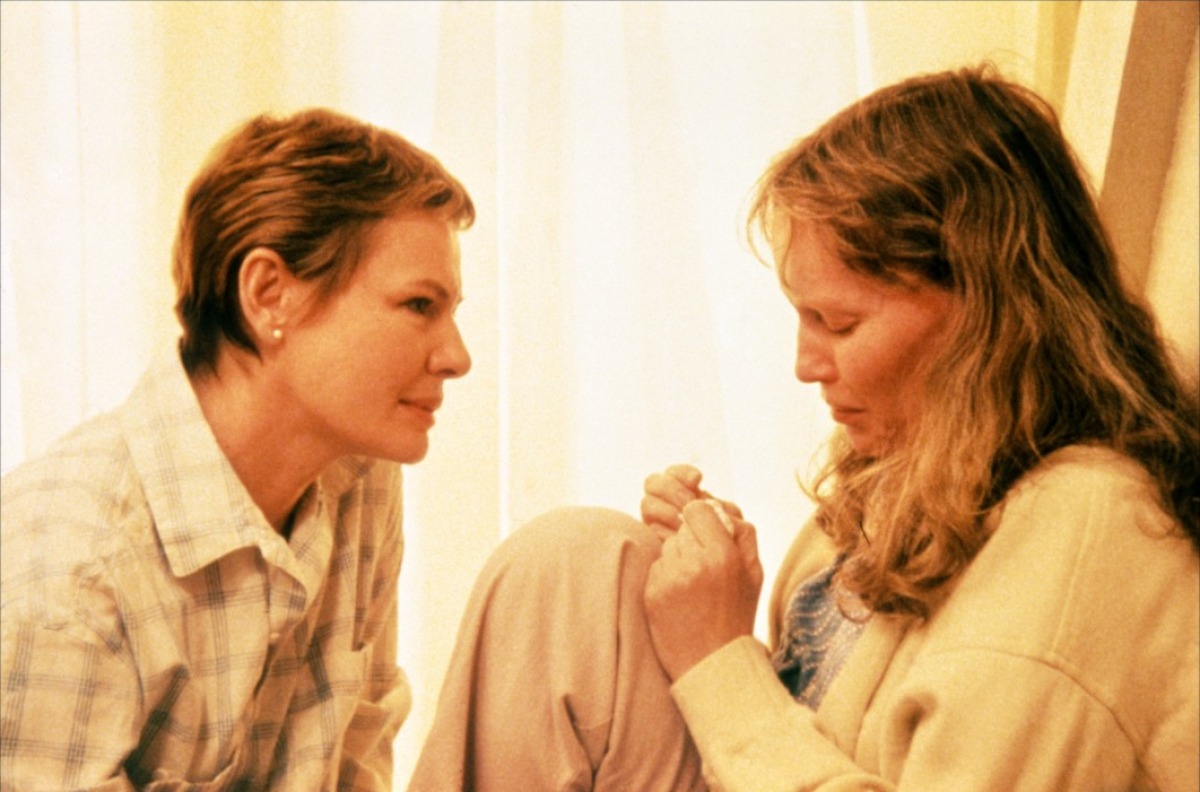
Repressed love and hate threatens seemingly friendly relationships over a weekend of a family/friends group at a country house. The film that Allen remade from scratch, with another cast, had everything as chaos, but seen without unjust expectations can propose interesting reflections that magnify the result. “Everything is random. With random origin in nothingness and eventually disappearing forever.”